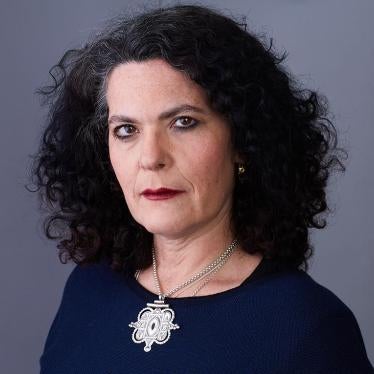As Nato representatives gather in Wales for a summit on 4 and 5 September, Afghanistan’s latest crisis looms large, and the people with the most to lose are Afghan women.
A presidential election marred by allegations of massive fraud and a painfully contested vote audit process has prompted saber-rattling by the electoral rivals, with the potential for a new eruption of violence when a winner is declared.
Nato states are acutely aware that foreign combat troops are to withdraw from Afghanistan by the end of the year, and that the long-debated issue of any follow-on Nato and US military mission remains unresolved.
Thirteen years of Nato involvement in Afghanistan has Nato states exhausted and eying the exit. Revelations that the US government’s expenditure on rebuilding Afghanistan has exceeded what it spent on the Marshall Plan after WWII has added to disillusionment about continued involvement by Nato countries.
Meanwhile, Afghanistan is just one of numerous crises Nato is wrestling with, from Ukraine to Syria, Iraq to South Sudan.
But in this bleak situation, Afghan women have the most to lose if Nato countries turn their backs on Afghanistan.
For all the failings of international intervention in Afghanistan since 2001, it is unquestionably true that the situation for women has improved.
In 2001, Afghan women had virtually no ability to study or work or control their own lives. Today millions of Afghan girls go to school, millions of women work, a new law makes violence against women a crime, and there are female members of parliament, judges, police officers, soldiers and civil servants.
These changes happened because brave Afghan women and girls – often with the support of fathers and brothers and husbands, and often at great risk to themselves – came out of their houses and fought for their rights and the rights of others.
Girls went to school, women applied for jobs, and they stepped forward when the government called for women to take dangerous jobs. Dozens of high profile women paid with their lives – the list of assassinated female police officers, government officials and others is painfully long.
Many less-high-profile women also gave their lives; their names may never be known outside their communities.
International involvement in Afghanistan has created space for these women to demand their rights. Foreign-donor political pressure encouraged the Afghan government to pay more than just lip-service to women’s rights.
That same donor pressure helped pave the way for meaningful steps including the passage of the 2009 Law on the Elimination of Violence Against Women, the inclusion of women in the police force, and the creation of shelters for women fleeing violence.
International funding paid for schools and health care and legal services and shelters for women and girls. Political backing by Kabul-based diplomats and United Nations agencies helped embolden women’s rights activists to speak out and challenge the government.
The conclusion of Nato's combat mission in Afghanistan this year should not signal the end of international efforts to bolster women’s rights in the country. Giving up on Afghanistan now will condemn Afghan women to a steady erosion of the rights that they have laid their lives on the line to achieve.
As the Taliban gains ground and targets those they see as Western collaborators, women who have been at the forefront of that fight for women’s rights may be at even greater risk of attack and murder than they are already.
Too often in recent meetings with donors, I have seen despondency about Afghanistan – a desire by diplomats to throw up their hands, give it up as “a lost cause” and walk away.
But there are steps Nato and its member states can take right now that will continue and help secure improvements in for Afghan women.
Afghan women’s organizations have outlined these steps, which include pressing the government to include women as full participants in all discussions about Afghanistan’s future, taking real steps to enforce laws protecting women, shielding women from abuses by the very security forces that are meant to serve them, and ensuring that the role of women in the Afghan security forces is a meaningful one.
The most important thing Nato states can do to protect the future of Afghanistan is to remain vigilant in monitoring women’s rights and to apply political pressure when those rights come under threat.
There will be a new government in Kabul in the coming weeks. Afghanistan’s donors, particularly Nato states that justified their expenditure of blood and treasure in the country as a means to protect women’s rights, should use their influence to ensure that the new government respects and expands those rights.
There has never been a worse moment to walk away from Afghanistan’s women.
The writer is a senior women’s rights researcher at Human Rights Watch, a New York-based NGO









